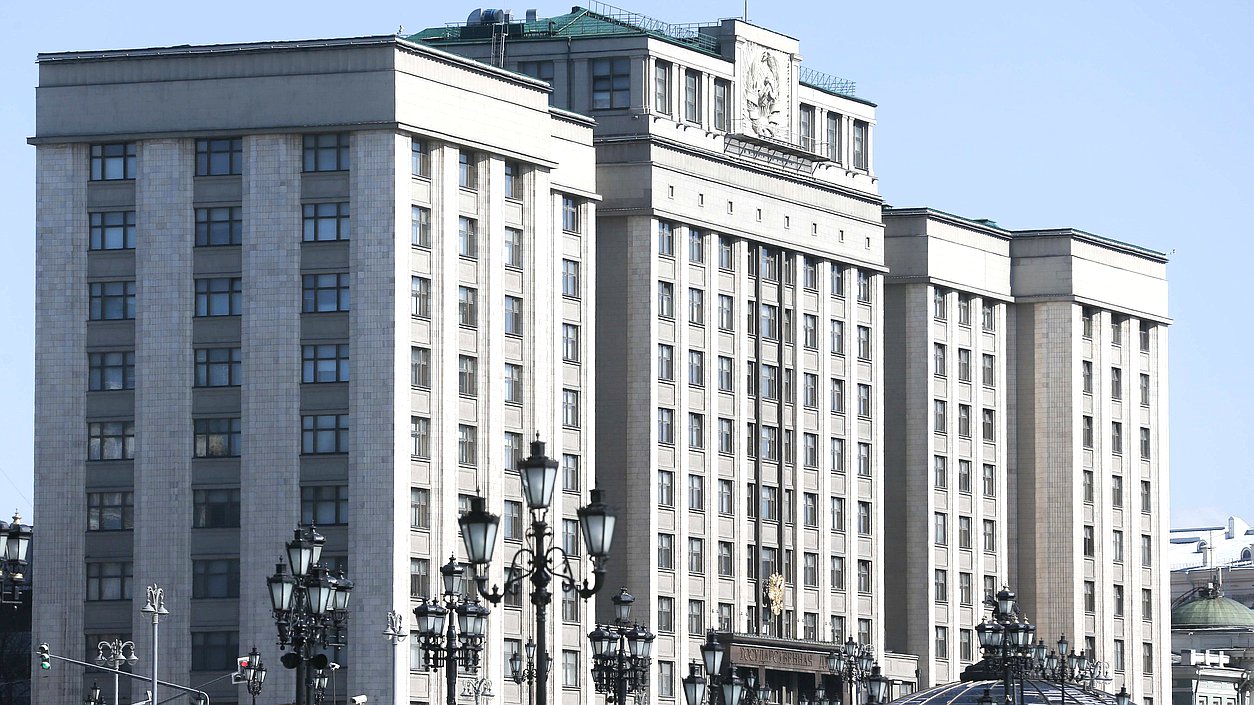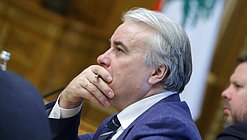
According to Pavel Zavalnyi

Pavel Nikolaevich
, the first of the risks to the sustainable energy supply is related to the delay in the Nord Stream 2
project launch, which can be caused by the deliberate delay of conciliation process
by Denmark, which is still reviewing the third application for construction of pipes in its territorial waters.
The second risk is connected with the possible assertive position of the EU regarding the extension of the European energy legislation to this project. On May 7 the new EU directive came into force. It applies to all pipelines from third countries but the country to which the pipe comes first is entitled to remove the project from EU standards. In the case of Nord Stream 2, this is Germany. Russia has no doubts about its support of the project. However, the EU reserves not only the right to agree but also the right to veto the decision of Germany. And a number of applicants for high posts in the EU leadership in the new political cycle have already announced that they will use this right to counteract the emergence of another channel for the supply of Russian gas to Europe.
The third risk is connected with the refusal to extend the gas transit agreement through Ukraine after January 1, 2020. Russia is interested in continuing supplies but in economically reasonable volumes and on acceptable competitive terms. However, the Ukrainian partners are still talking about obviously inflated figures — guaranteed 60 billion cubic meters per year for 10 years. The decision of the Stockholm arbitration taken earlier complicates the negotiations. In this situation, an agreement may not be possible.
Klaus Ernst, Chairman of the Bundestag Committee on Economic Affairs and Energy, identified several other risks that create problems for Europe’s energy security in the short term. This is the threat of US sanctions against European companies participating in the Nord Stream 2 project, as well as the lack of current information about the technical condition of the Ukrainian gas transmission system.
According to Klaus Ernst, Germany needs to declare more actively its interests in energy security both on the issue of Ukrainian transit and Nord Stream 2 as soon as possible. He announced his intention to discuss these topics with responsible officials in the German government and representatives of the Ukrainian authorities during his visit to this country in the near future. He also proposed to raise the issue of the possibility of a joint multilateral inspection of the Ukrainian gas transmission system.
Pavel Zavalnyi thanked the representative of the German Parliament for the constructive position. He also invited the Chairman of the Bundestag Committee to speak at a conference, which will be held in the Berlin Hotel Adlon on May 16, on the prospects for cooperation between Russia and the EU in the gas sector. Klaus Ernst will speak at the plenary session of the event.

